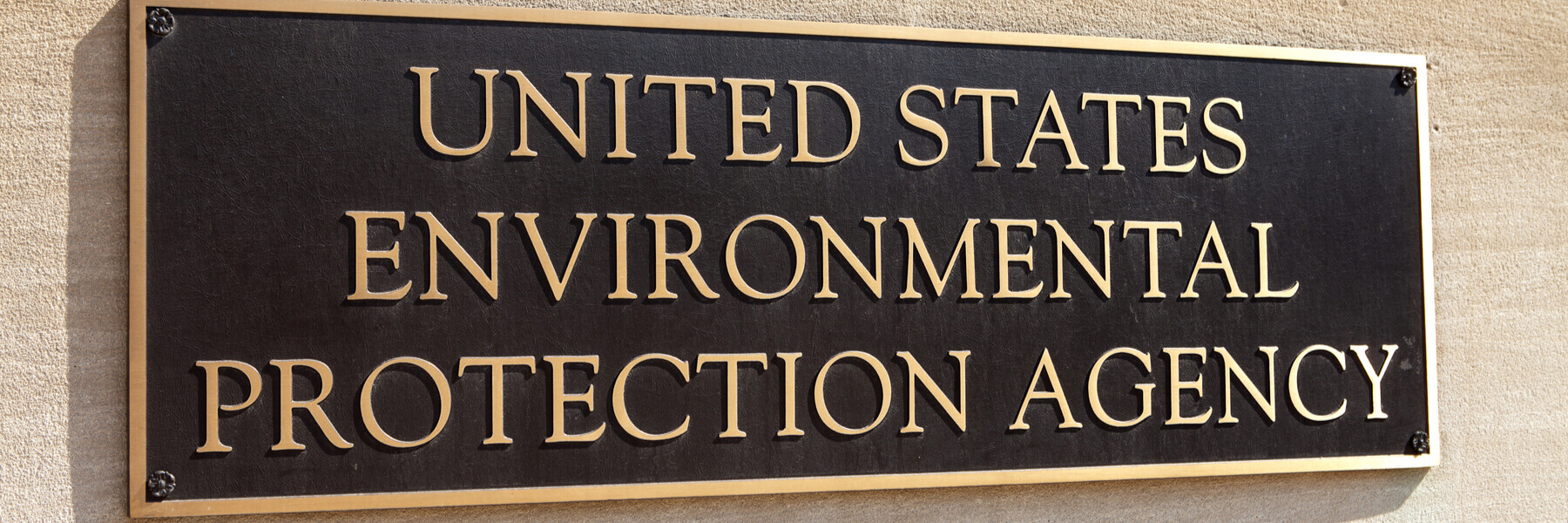College can be a rewarding, life-changing experience for many people. Young adults often learn how to be adults throughout their time as college students. They figure out how to navigate the world independently, discovering how to live and grow on their own—often beyond the influence of their parents. However, this sudden transition to independence can also leave college students vulnerable to situations in which they lack experience. Unfortunately, it is this unique vulnerability that makes college students quick targets for sexual predation.
In recent years, several allegations of sexual abuse against university employees have been brought to light. Unfortunately, these predators abused their positions of authority to find, manipulate, and trap victims into traumatic, life-altering situations in which they could perpetuate their abuse. Let’s talk about real examples of sexual abuse by university employees and what universities can do to protect their students.
What is Considered Sexual Abuse?
Sexual abuse is a blanket term for any unwanted or offensive sexual act subjected upon an individual who hasn’t provided, or is unable to provide, consent. Sexual abuse usually occurs as a direct result of a predator using force or manipulation or taking advantage of a victim to perform nonconsensual sex acts around, with, or on the victim. These acts can include molestation, rape, oral or anal penetration, sexually explicit speech, subjecting to pornographic imagery, and more. Here are a few stats about sexual abuse and college students, sourced from RAINN:
- Only 310 out of 1000, or 31% of, campus sexual assaults are reported to the police.
- As a whole, 13% of all students have experienced rape or sexual assault through physical force, violence, or incapacitation among both undergrad and post-grad students.
- Nearly 27% of female students and about 7% of male students have been victims of sexual abuse during college attendance.
- Female college students between the ages of 18-24 are three times more likely to experience sexual violence compared to women in general.
- About 21% of transgender, genderqueer, nonbinary, and nonconforming (TGQN) students have been sexually assaulted during attendance.
University Staff and Sexual Abuse
University faculty have an unprecedented position of power over college students. It can be argued that certain employees are seen as a physical barrier between the student and a successful lifelong professional. The teacher-student dynamic especially presents a unique power imbalance that can be exploited by predatory professors, coaches, mentors, and guides. This results in coercion, grooming behaviors, and more which puts university students at further risk of sexual abuse at the hands of an employee.
The University of Michigan and Dr. Robert Anderson
In June of 2021, Matt Schembechler came forward with allegations against Robert Anderson, a former team doctor. Schembechler stated that the doctor had not only molested him during a routine physical exam but had also rectally assaulted him. Schembechler was only ten years old at the time. Unfortunately, after coming forward to his father, Bo Schembechler, he was met with denial and a physical altercation. The younger Schembechler and his mother then decided to report Anderson’s assault, which resulted in Anderson being fired from the position.
However, Bo Schembechler then allegedly reinstated Anderson as the University of Michigan team doctor, where Anderson continued to work for the next 37 years. After Matt Schembechler came forward against Anderson in June 2021, several additional victims came forward as well. Many of the victims also stated that both Bo Schembechler and other school administrators were guilty of turning a blind eye to the situation—or even worse, using the information to “keep players in line.”
One of the main reasons this situation is so troubling is that multiple lines of support catastrophically failed to protect and support the victims. When entities such as these are intentionally negligent and refuse to take action on behalf of the victims, they are choosing to support the perpetrator and not the victim.
How Does Sexual Assault Affect Students?
Victims of sexual assault often process the trauma of their experiences in several different ways. No victim’s experience is the same as another’s, which means how they process the situation can vary widely. That being said, sexual abuse can affect all aspects of an individual’s life—not just the parts where they may have to be reminded of their abuser. Below you will find a few examples of how sexual abuse can affect the victims’ lives.
- Loss of appetite
- Obsessive hygiene or a lack of hygiene
- Depression
- Anxiety
- Post-traumatic stress disorder (PTSD)
- Suicidal thoughts
- Self-esteem issues
- Inability to maintain relationships with friends, family, or significant others
- Declining ambition or willingness to attend classes
And there are many other ways that the trauma of sexual abuse can populate. It’s important to remember that we all process emotions and situations differently.
How Campuses Can Prevent Sexual Abuse by University Employees
There are many ways universities can protect students from potential predators, especially if the predator happens to be a university employee. Here are a few methods that campuses can follow:
- Believe victims
- Instate security on and around campus
- Thoroughly background screen all employees
- Provide access to transportation
- Install emergency stations
- Establish a tip line
- Offer free counseling services
- Educate staff and students on sexual violence
What Can You Do as a Victim of Sexual Abuse by a Faculty Member?
If you or a loved one are a victim of sexual abuse on campus, especially at the hands of a university employee, you are entitled to justice to the fullest extent of the law. You may also be entitled to compensation relating to your experience—and our experienced sexual abuse lawyers at Serling & Abramson, P.C. are here to help. Sign up for your free case evaluation today to explore your options.




